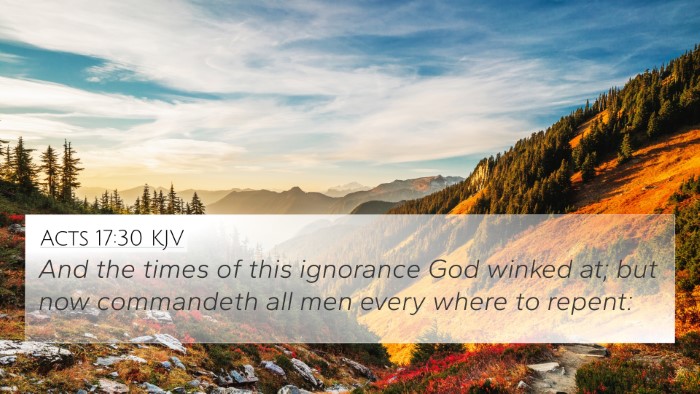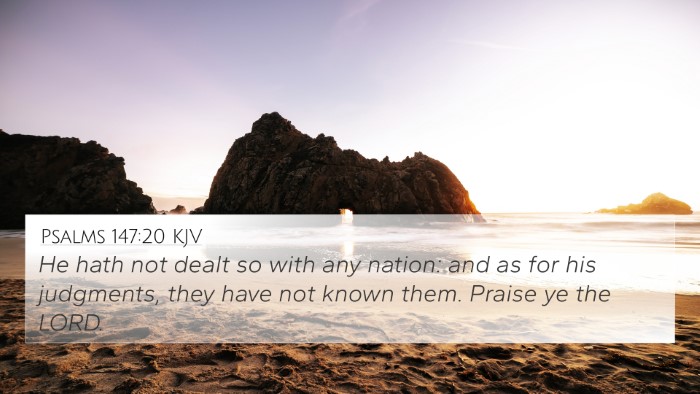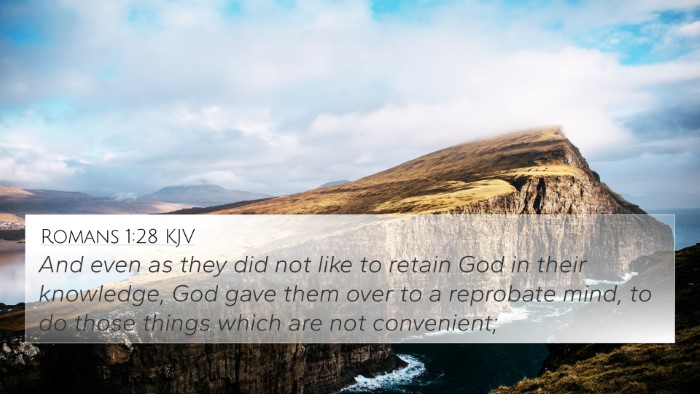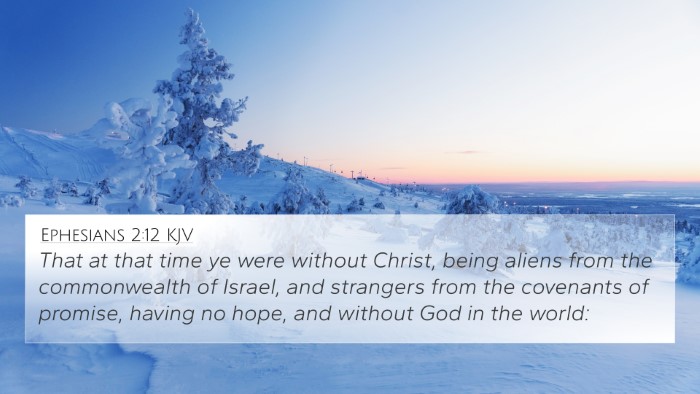Understanding Acts 14:16
Bible Verse: Acts 14:16 - "In past generations he allowed all the nations to walk in their own ways."
Overview of Acts 14:16
This verse captures a significant aspect of God’s interaction with humanity throughout history. Paul is addressing the people of Lystra, pointing out how God has permitted various nations to follow their own paths. The implications touch upon divine providence, the knowledge of God among nations, and the nature of God's patience and sovereignty.
Commentary Insights
- Matthew Henry: Henry emphasizes that God has been merciful throughout the ages, allowing nations to pursue their own ways while revealing his power through nature and the created order. His point highlights that even in self-directed paths, God’s providence has a plan for the salvation of mankind.
- Albert Barnes: Barnes notes that this allowance does not imply God's endorsement of their actions but rather points to the freedom granted to humanity. He interprets this as God patiently waiting for the nations to recognize Him, urging people to turn to Him in repentance and faith.
- Adam Clarke: Clarke provides a contextual interpretation, highlighting how Paul's message to the Lystrans serves as a precursor to the broader mission of spreading the gospel to the Gentiles. He underscores the significance of this verse in understanding God’s long-suffering nature toward human rebellion.
Thematic Connections
Acts 14:16 illustrates several key themes within the Bible that are closely related.
- God's Sovereignty: This verse aligns with Romans 3:25, where God’s patience is showcased alongside His desire for all to come to repentance.
- Human Freedom and Divine Justice: Similar to Deuteronomy 32:8, where God distributed nations, Acts 14:16 reflects upon human agency within divine justice.
- The Call to Repentance: The call found in Acts 17:30, where Paul reveals that God commands all people everywhere to repent, flows naturally from the understanding presented in Acts 14:16.
Cross-References
This passage offers rich opportunities for cross-referencing, enhancing our understanding of biblical context. Here are the notable cross-references:
- Acts 17:30 - God commands everyone to turn from their sins.
- Romans 1:19-20 - God's attributes are visible in creation, prompting acknowledgment.
- Psalm 145:9 - The Lord is good to all, and His mercy is over all that He has made.
- Genesis 11:8-9 - The division of nations and languages as a testament to God’s plan.
- Isaiah 60:3 - Nations shall come to the light of God, illustrating the hope of salvation.
- Matthew 5:14 - A city set on a hill cannot be hidden, reflecting the truth of God's revelation.
- John 1:9 - The true light that gives light to everyone has come into the world.
Inter-Biblical Dialogue
This verse opens a dialogue between Old and New Testament teachings, showcasing God's consistent nature throughout scripture. The Old Testament offers numerous examples of God allowing nations to exist in their ways, such as in the case of Israel and surrounding nations in Joshua 24:15.
Conclusion
Acts 14:16 serves as a profound reminder of God's sovereignty, mercy, and providence in the face of human disobedience. By interlinking various scriptures, we can enhance our understanding of how God's character is revealed in the human experience over time. The exploration of cross-references aids in deepening our insight into God’s intentions for all humanity.











